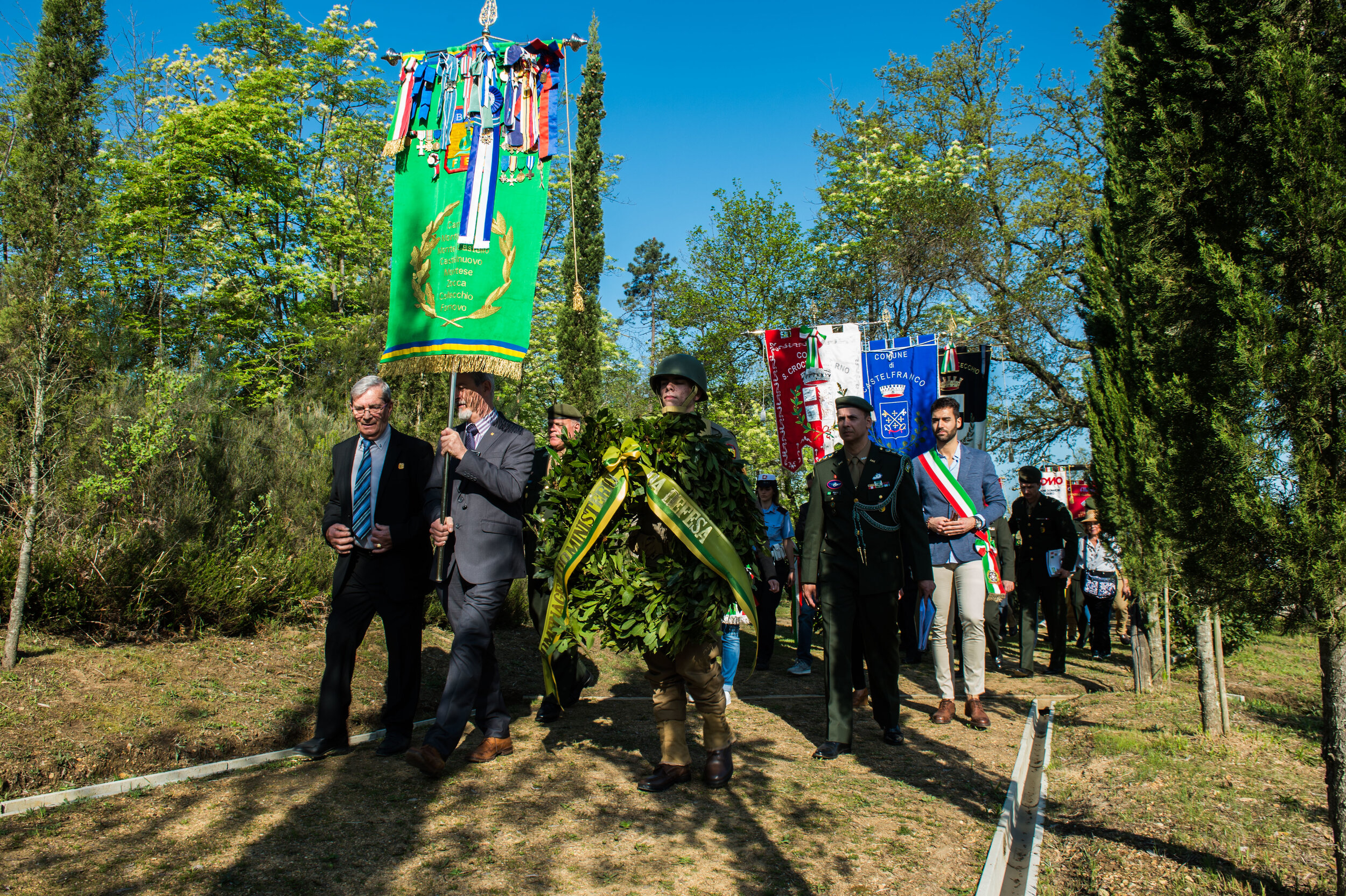RESEARCH CLUSTERS
The Brazil Institute is home to four research clusters made up of experts from across a range of disciplines. We strive to create exciting, innovative research through collaborations and events. Find out more about the clusters below.
Brazil emerged from 21 years of authoritarian rule in the mid-1980s, part of a global wave of democratisation. This research group explores the transition to democracy, the quality of democracy, transitional justice and human rights, and debates about threats and improvements to democracy in contemporary Brazil. Using comparative and global perspectives, researchers in this group examine democratic practices, institutions, discourses, and reforms. Click here for more information on the members, projects and news!
Brazil last fought a war in its region one hundred and fifty years ago, yet has the third largest land border in the world (with ten different countries), after Russia and China. This research group asks how the Brazilian state deals with this, and with other elements of its geopolitical situation, to craft its security, defence and foreign policies. It asks whose interests are served by those policies, what their impacts are, and how state managers balance concerns about external threats with those focused on domestic public security. Click here for more information on the members, projects and news!
Brazil is internationally known for its rich, dynamic and syncretic culture and contributions to the arts in fields such as literature, music, cinema, dance, painting, sculpture, theatre, and photography. This research group analyses Brazilian culture and how class, regional, gender, racial and ethnic identities are expressed and experienced in a complex and fast-changing society. Click here for more information on the members, projects and news!
Brazil is at the centre of global debates about sustainability because the Amazon rainforest, almost two-thirds of which is in Brazilian territory, plays a crucial role in absorbing greenhouse gases and mitigating climate change. This research group focuses on Brazil’s contributions to global environmental and energy policies, including the transition to a low-carbon energy matrix, as well as the domestic political economy of Brazil’s environmental and energy regimes. Click here for more information on the members, projects and news!




